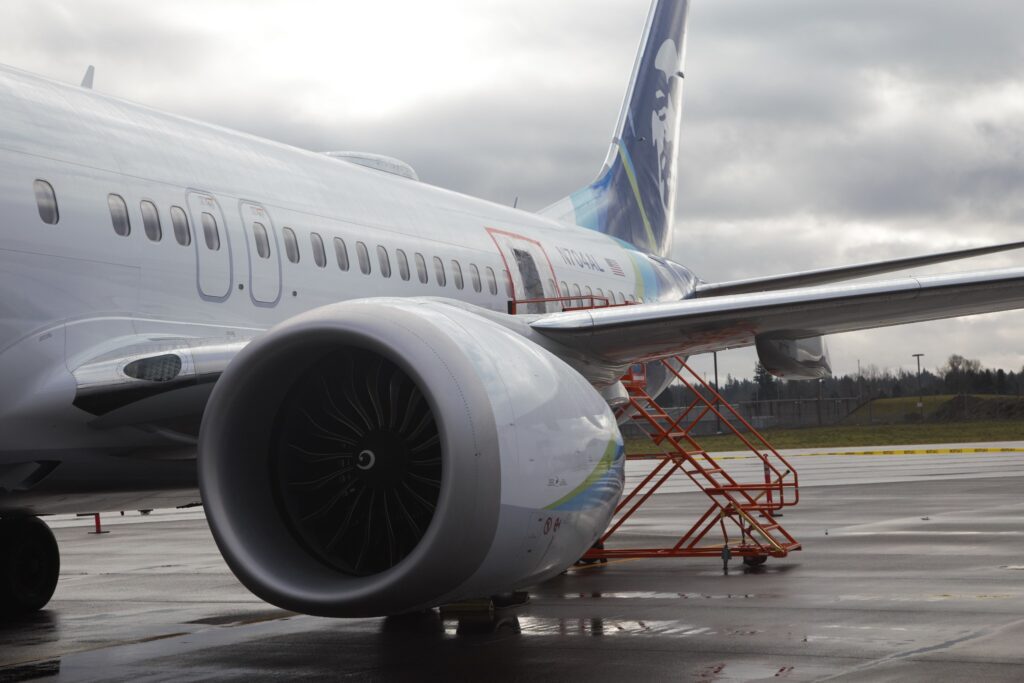
Skift Take
The long-awaited expert report found that the U.S. plane maker’s safety culture has numerous issues.
Boeing’s efforts to improve its safety culture have been insufficient, a Federal Aviation Administration expert panel reported Monday.
The group found that there has been a “disconnect” between Boeing’s senior management and employees involved in the company’s safety culture, along with other concerns.
Congress mandated the report into Boeing’s safety culture following two fatal crashes involving 737 Max 8. The findings were highly critical of the company’s safety practices, saying the plane maker had “a lack of awareness of safety-related metrics at all levels of the organization.”
Boeing 737 Max Problems
The development comes as Boeing is still reeling from the fallout of the grounding of the 737 Max 9. The FAA grounded the plane for nearly one month after a door plug blew off an Alaska Airlines jet mid-flight.
The Alaska incident occurred as the panel was finalizing its report. It does not address the specifics of the January 5 event, but said: “These quality issues amplified the expert panel’s concerns that the safety-related messages or behaviors are not being implemented across the entire Boeing population.”
Boeing recently said it is planning to replace the head of the 737 Max program after the incident.
“We will immediately begin a thorough review of the report and determine next steps regarding the recommendations as appropriate,” the FAA said in a statement. “We will continue to hold Boeing to the highest standard of safety and will work to ensure the company comprehensively addresses these recommendations.”
Here are five key findings from the report:
- Boeing’s safety management system is not structured in a way to ensure that all employees understand their role in promoting safety management at the company. For example, the report found that the procedures and training were complex and constantly changing, leaving employees confused.
- Most employees did not demonstrate knowledge of Boeing’s safety culture efforts, purposes or procedures, according to the investigation.
- The expert panel said there was a lack of pilot input in aircraft design and operations.
- Managers that oversee salaries, promotions, performance evaluations and disciplinary actions are also typically in charge of investigating safety management issues. Sometimes, this could cause a manager to investigate safety issues within their own chain of command. As a result, employees may be reluctant to report certain safety incidents in fear of retaliation, the panel found.
- Boeing lacks a clear safety reporting channel or process within its business unit. Employees often did not know how to use the different reporting systems, or when to use them.
Boeing did not immediately respond to a request for comment.
Additional reporting by Gordon Smith
